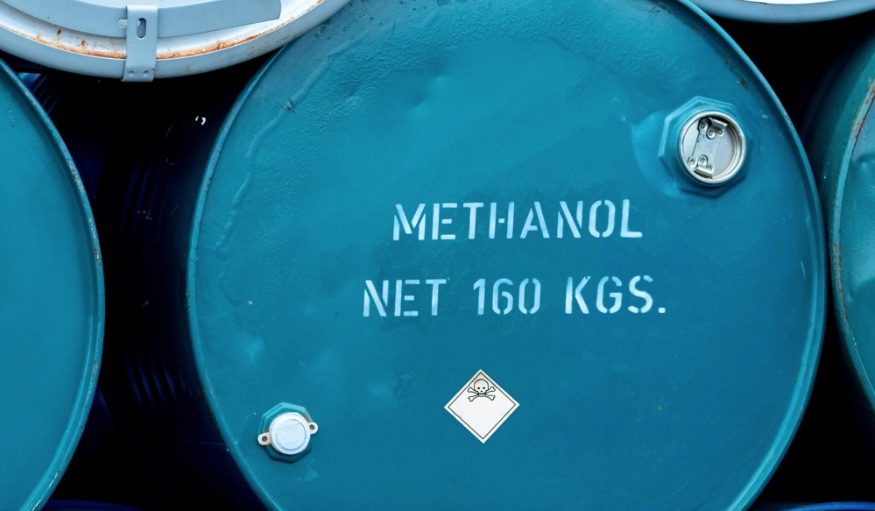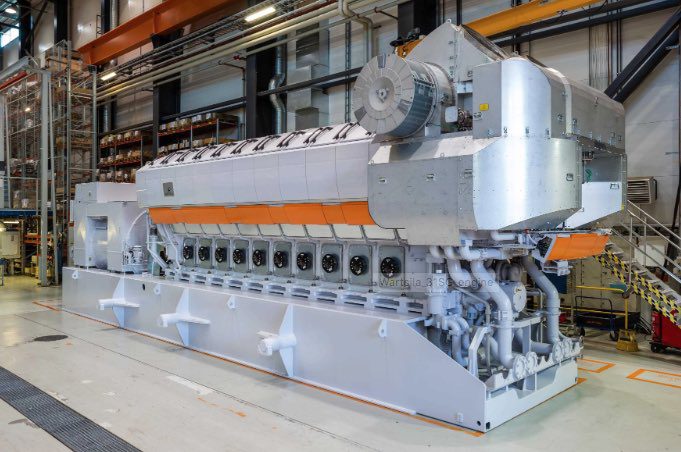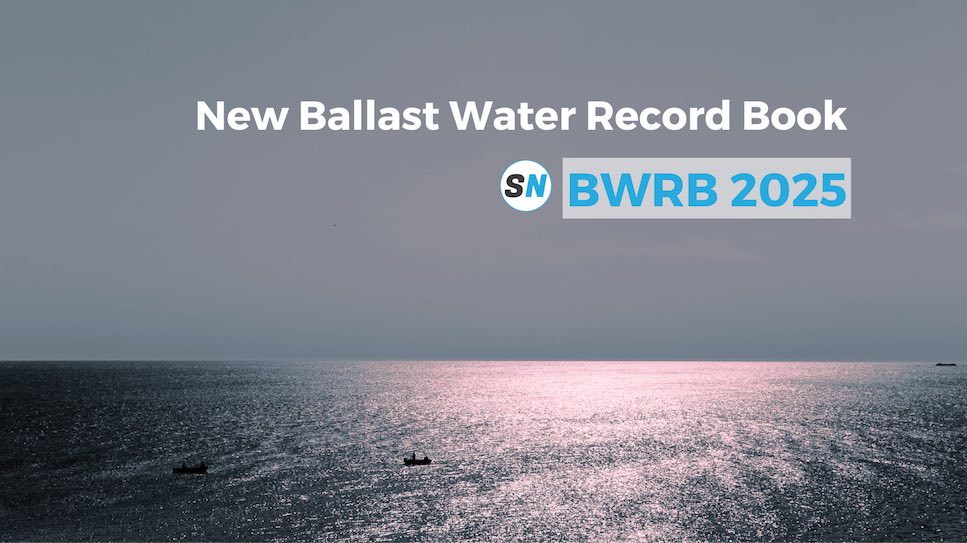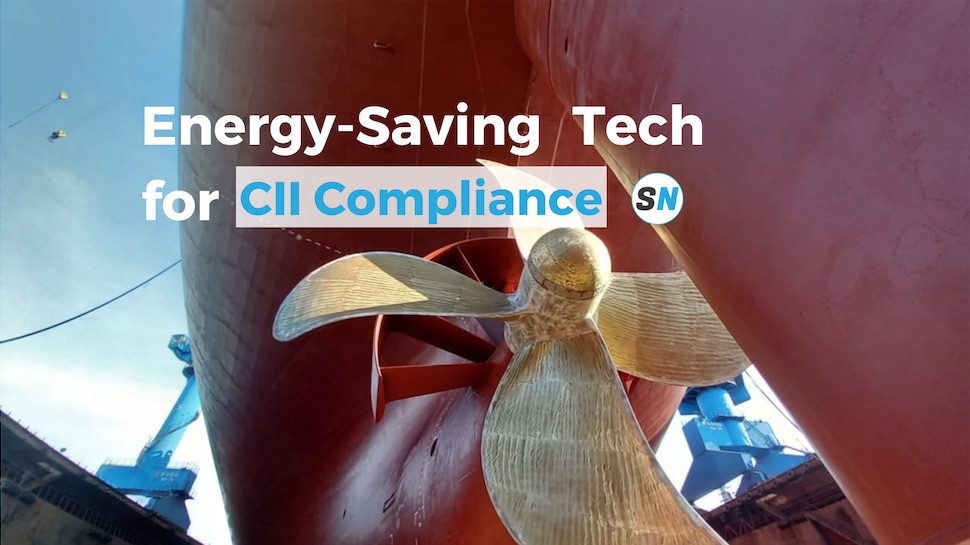28 November 2024
Renewable production can make methanol a viable fuel for 2030

Renewable production is needed to make methanol a viable fuel for the maritime energy transition by 2030. Technology readiness is high for methanol, but pricing, availability, and carbon accounting are obstacles to its widespread adoption.
Table of Contents
Concept
A new report from Lloyd’s Register (LR) has identified that the main challenges for the industry’s adoption of methanol are investment and community readiness, with the fuel’s technology feasibility continuing to grow through renewable production.
Fuel for Thought: Methanol found that technology for methanol usage as a marine fuel is feasible, available, and mature in certain cases. Most engine makers will have dual-fuel engine models in the near term and there is significant evidence of interest from shipowners. By 2030 it is estimated that methanol could account for 20% of the vessel order book.
Whilst community readiness is lower than technology readiness for methanol, the study shows that this is growing, with the industry drawing on the experience of transporting methanol as a cargo and its use as a fuel over the last decade. Safe bunkering guidance has been written and has laid the groundwork for future international safety requirements and class regulations are in place for new building and retrofit designs to ensure existing safety requirements are met by methanol-powered vessels.
Renewable Production as a Solution
The report, however, has identified that the biggest obstacles to the further development of methanol as a fuel relate to its pricing, availability, and carbon accounting.
Due to the low production of green methanol and the current order book, availability could be a major issue for shipping with low supply driving up prices. Lack of methanol availability could also lead to questions as to whether the methanol produced will be certified as green, which ensures that the greenhouse gas (GHG) emissions are accounted for as part of a full lifecycle assessment. Currently, the majority of methanol produced at scale is sourced from natural gas and is not renewable production.
The study also identifies why the energy density of methanol in comparison to current diesel and fuel oils could also present a stumbling block for its widespread use as a marine fuel. Vessels will require up to two and half times the amount of methanol than fuel oil for a specific consumption.
“Methanol’s time to shine as an alternative fuel candidate for the maritime energy transition is long overdue. Whilst there is no single fuel that will provide a ‘silver bullet’ for decarbonization, methanol has the potential to play a key role in a multi-fuel future as part of the maritime industry’s ambition to decarbonize. The Fuel for Thought report shows how crucial the commercial scale-up of green and blue methanol production is if the fuel is to be widely adopted by the maritime industry. We are, however, seeing positive signs with continued growth in technology and community readiness for methanol.”
Douglas Raitt, Regional Advisory Services Manager for Asia, Lloyd’s Register
The report is the first installment in LR’s ‘Fuel for Thought’ series which will feature reports on ammonia, biofuels, carbon capture technologies, nuclear power, hydrogen, battery, and electric power and the transition of LNG. The series will analyze the safety, renewable production, economic drivers, and technology of each energy source.
Source: LR
See Also
The modern world runs on electricity, powering society, driving the economy, and empowering human lives. To make all this possible, today’s electricity grids must respond quickly to the changes in the demand and supply of electricity.
Renewable energy, however, is intermittent. That’s why we need energy storage and flexible power generation to respond to renewables’ variable electricity output, ensuring a stable and reliable power supply. Without this balancing flexibility, we’d suffer from outages and blackouts, putting our lives on hold whenever the sun isn’t shining, or the wind stops blowing.

3 reasons engines are driving the renewable energy transition
Wärtsilä outlines 3 reasons why engines are driving the renewable energy transition instead of other power generation technologies.


